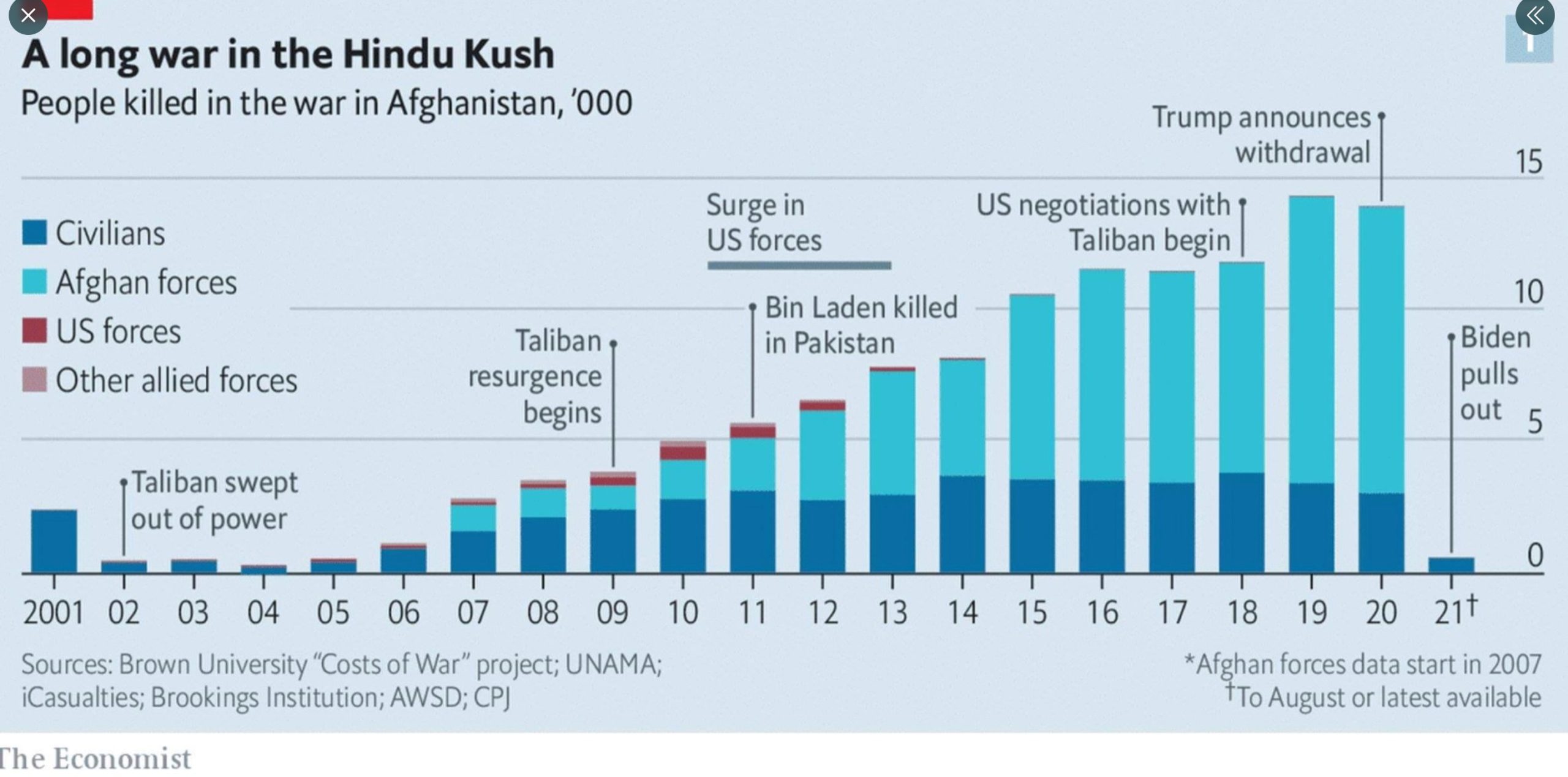Paul Kingsnorth, Who Will Stand Against Progress? [Ed.: 1. A few years Kingsnorth’s writing turned in a direction that didn’t appeal to me and I stopped reading him. I was tipped to this by another feed and decided to have a look. Perhaps I’ll start reading him again. 2. Lasch’s critique of Progress, which read nearly 30 years ago, remains relevant.]
The work of what we have come to call Progress is the work of homogenising the world. I capitalise the word because Progress is an ideology — even a metaphysics — and if we want to understand it we need to grasp its foundational assumptions. We are trained from birth to see the living world and its people as a matrix of interchangeable parts, all of them potentially for sale. Our bodies, our nations, our forests, our heritage: Progress will not stop until everything is measured, commercialised, commodified, altered at the genetic level, put up for sale, forced into “equitable” relationships with everything else, or otherwise flattened and sold.
The religion of Progress is leading us into the flames, as [Edward Goldsmith, founder of The Ecologist magazine] saw so many decades back. Those of us who feel this way need to have the confidence to say to: to denounce the religion of the age, to dissect it, to make claims against it. Those of us who seek to resist the emerging Total System, or simply to give it the slip, need an alternative worldview: something to stand for, and stand upon. Not an ideology, mind, and certainly not a blueprint for utopia. That’s what got us into this mess in the first place. No, what we need is something more old-fashioned: a stance. Even a politics. But what should it look like?

